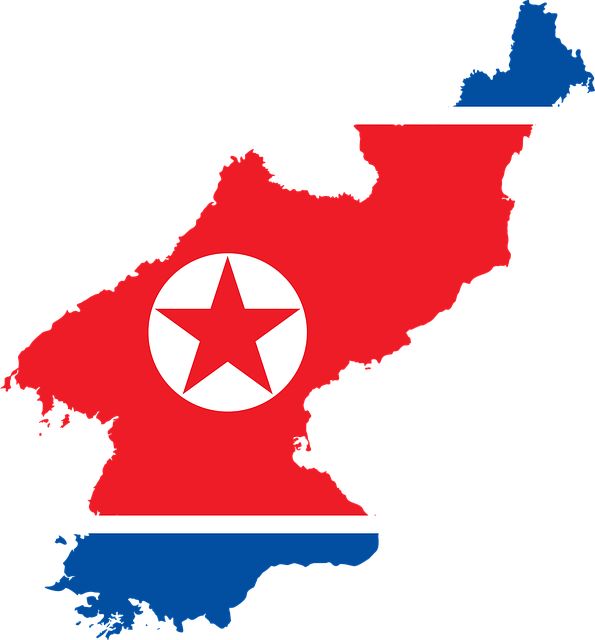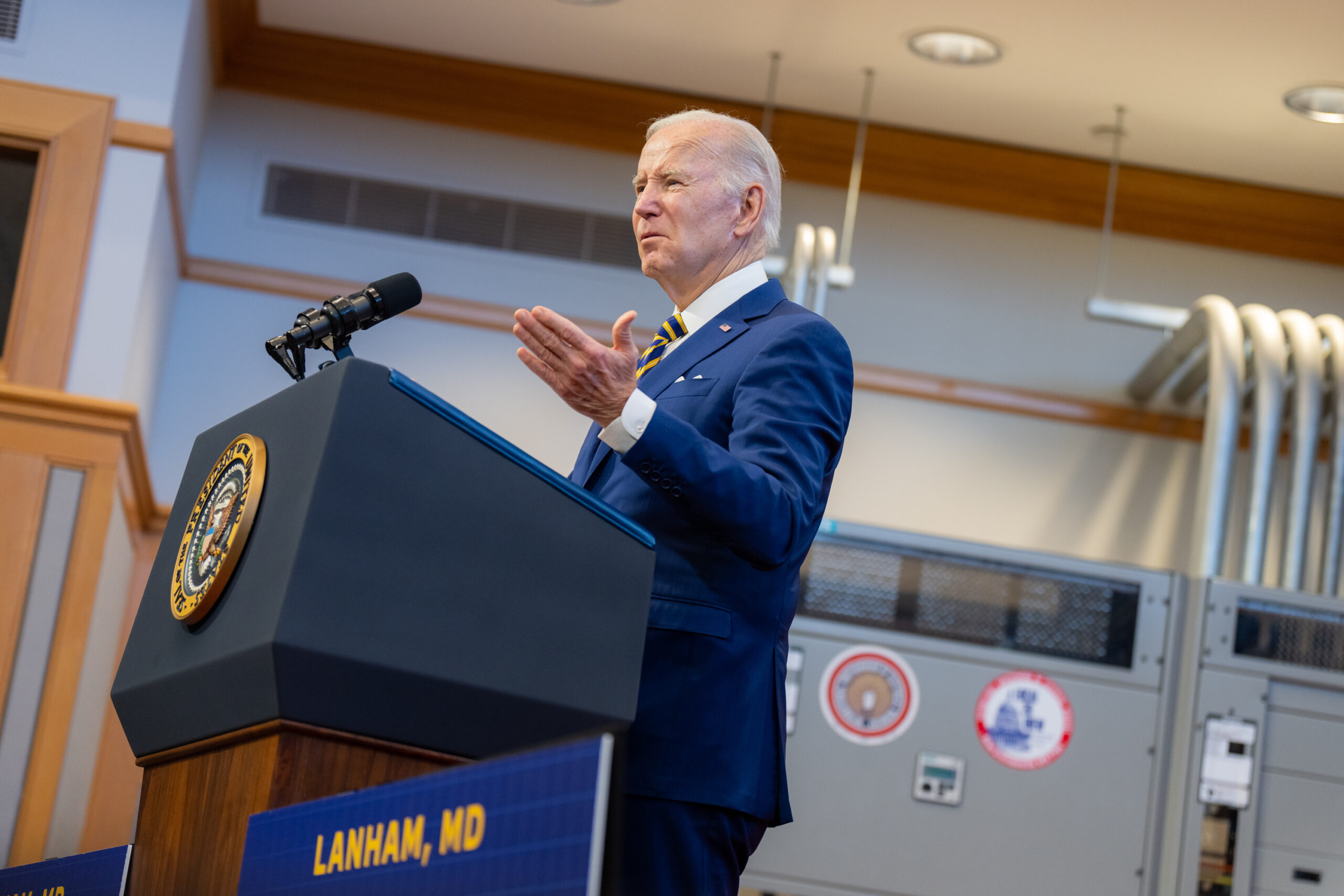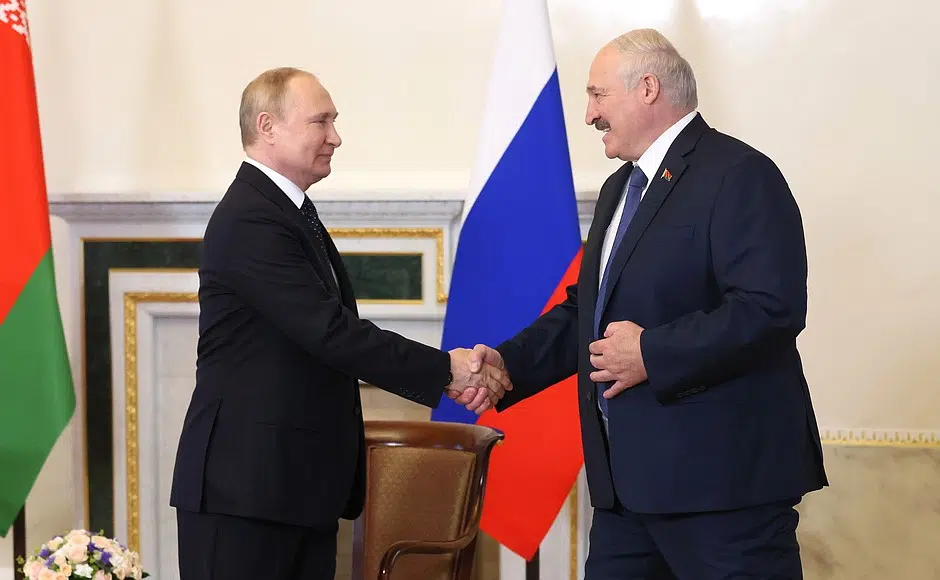
On 28 June 2018, the VCDNP and the European Council on Foreign Relations (ECFR) held a public panel on diplomacy on the Korean peninsula in the aftermath of the signing of the Panmunjon Declaration and the Trump-Kim summit in Singapore. The event, which was held in the Conference Room of the Permanent Mission of Japan to the International Organizations in Vienna, was moderated by VCDNP Executive Director Laura Rockwood and featured three speakers: François Godement (ECFR), Ken Jimbo (Keio University, Japan) and Yasuyo Sakata (Kanda University of International Studies, Japan).
According to Mr. Godement, after the Singapore summit there was a sensation that “we are flying into a cloud and we do not know how we can leave it” as there is little visibility. His remarks provided a historical context to help gauge the current expectations. In particular, Mr. Godement stressed the paradox of the perception of rationality the international community has on the actions by the North Koreans: in the dawn of its nuclear deterrence programme several decades ago, the world perceived the Democratic People’s Republic of North Korea (DPRK) as irrational whereas now experts tend to “over rationalize” the North Korean regime. Secondly, since the 1990s the world has already witnessed a series of failed efforts to establish a diplomatic dialogue with the DPRK. This inevitably could affect the current process since, as many experts emphasized, the parties involved would be obliged to invent new approaches when negotiating with the DPRK. Moreover, it should not be forgotten that it was not that long ago that Mr. Trump resorted to bellicose rhetoric towards North Korea whereas the latter accelerated its nuclear programme and has achieved, or almost achieved, its goals.
So what can be expected after the summit, which, according to Mr. Godement, represented a “ground zero”? Will it end in semi- or full-fledged denuclearization or in no deal at all? Which outcome would cause a greater increase in tensions? Mr. Godement underlined that the summit declaration did not contain any new provisions and Mr. Trump’s concessions were only made verbally. Mr. Godement also assumed that some bilateral talks are currently being conducted below the radar owing to the sensitive nature surrounding some of the issues, e.g. human rights. As in the past, the biggest winner of the resumed process is North Korea, which may use the current thaw for pursuing its nuclearization goals more actively and whose leader’s image has been improved on the international stage.
According to Mr. Godement, there is also enough space for other players to join, such as China and the European Union (EU). In particular, the former has a panoply of options, from making the North Korean regime more dependent on China to working directly with the US. The EU could contribute ideas on future steps towards the denuclearization of the peninsula. Unfortunately, the lack of predictability in Mr. Trump’s policies might negatively affect these initiatives.
Mr. Jimbo pointed out that, before the summit, there was an assumption that North Korea was strongly determined to become a full-fledged nuclear-weapon State, thus achieving the deterrence capability vis-à-vis the US. Accordingly, the possibility that nuclear weapons are not just DPRK’s bargaining chip for possible future talks was considered. Those assumptions, however, may require reassessment in light of the summit declaration, which includes the issue of denuclearization. Mr. Jimbo also explored the other side of the question by, for example, examining the types of security guarantees that could be successfully provided to North Korea.
First, he cited the asymmetrical nature of relations between denuclearization and security guarantees, referencing the examples of Libya and Ukraine, in which both gave up their nuclear weapon capabilities in exchange for security guarantees that proved to be insufficient. Secondly, the extent of security guarantees is quite broad, ranging from purely political assurances to not attack to military-related steps, such as, among other things: disbanding the joint command; reducing US and South Korea strike capabilities, including withdrawal of the US troops from the peninsula; and no flyovers of US strategic bombers. Mr. Jimbo believed that this would negatively affect the US military commitments in the region. He concluded that the future negotiations would be tough and asymmetrical, but this time for the benefit of the denuclearizing party.
Ms. Sakata discussed Japan's view and role in the current diplomatic process. She criticized the Singapore summit and highlighted that since it had been prepared in haste it resulted in no specific outcomes, brought no change to North Korea’s military policy and could in the medium to long term damage the global non-proliferation regime, which is a cornerstone of Japan’s diplomacy. On the other hand, she noted that the summit positively added an element of engagement to the strategic pressure exercised on North Korea recently.
Ms. Sakata suggested that Japan is waiting for the best moment to join the negotiation process, stressing that its participation would be based on the 2002 Pyongyang Declaration. The latter provided for the normalization of DPRK-Japan relations, such as the exchange in Japanese economic aid to North Korea for the overall resolution of nuclear issues on the Korean Peninsula, a moratorium on missile launching, and a solution to the contention surrounding the abduction of Japanese citizens in the 1970s and 80s by the DPRK. Ms. Sakata also cited a recent news report that outlined three steps for Japan to take in order to engage North Korea in a dialogue: (1) proactive participation in the denuclearization through financial and human resources contributions; (2) the issue of abducted people will be tackled only after some progress in denuclearization has been achieved, thus avoiding the deadlock on the latter issue; and (3) economic support, e.g. for infrastructure projects.
The speakers’ remarks were followed by a lively discussion. The participants lamented that there was no single understanding between the DPRK and the US as to the concept and process of denuclearization. Replying to the question about the role of other actors, the speakers noted that Japan, Russia and other permanent members of the UN Security Council should cooperate more actively on the issue. Since North Korea represents a threat not only to the regional but also to the global non-proliferation regime, the EU should also be more active in the negotiations. The EU expertise in export controls is particularly valuable in light of the DPRK’s exports of sensitive materials and technology. Addressing a question about the possible consequences if the current process fails, the speakers assumed that in this case the North Korean issue would be pushed back to 2017 levels with even less potential for future talks, the DPRK would quickly accelerate its weaponization programme and Mr. Trump, facing his fast failure, would be even more unpredictable.

